Views
A sampling of opinions from TC faculty and students during 2018 on the issues of the day. Click here to weigh in with your own responses.
The views expressed in this article are solely those of the speakers to whom they are attributed. They do not necessarily reflect the views of the faculty, administration, or staff either of Teachers College or of Columbia University.
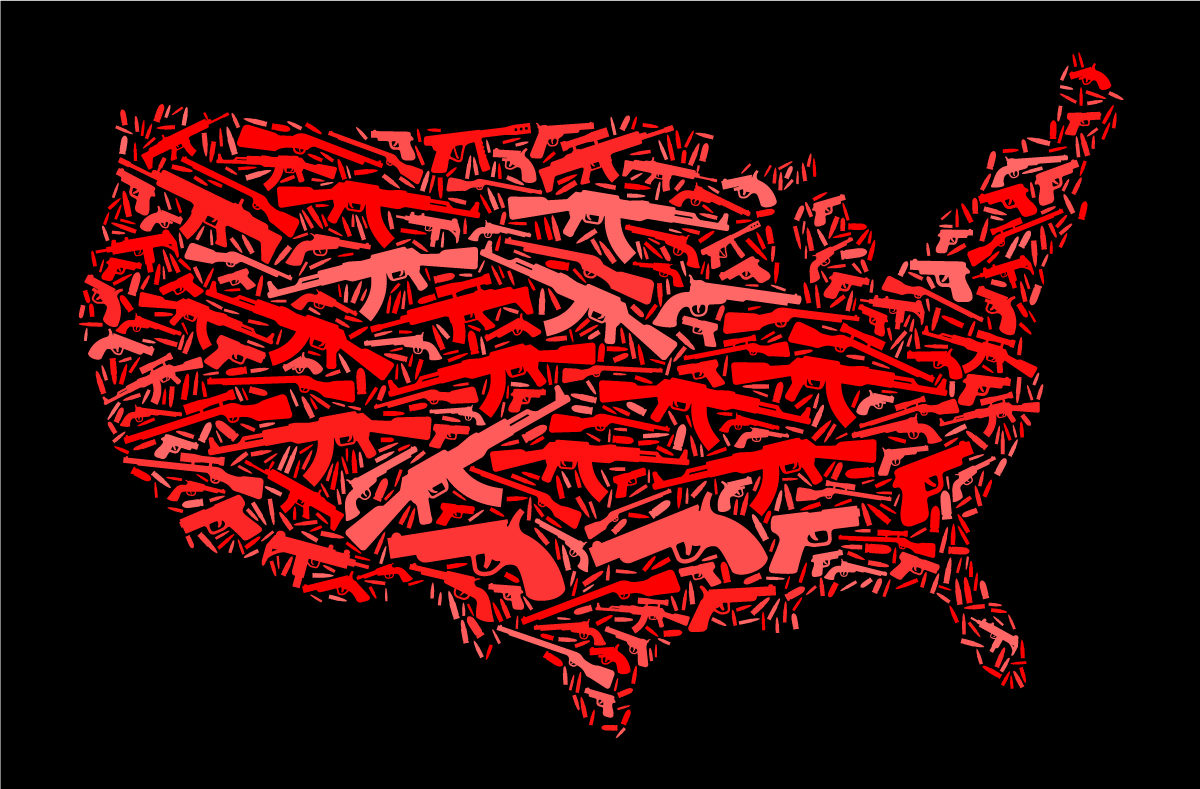
Gun Violence
In the January 2018 American Journal of Public Health, in a piece titled “Funding for Gun Violence Research Is Key to the Health and Safety of the Nation,” co-authors and health education faculty members Sonali Rajan and John Allegrante argue that gun violence in America will likely increase unless Congress repeals the Dickey Amendment, legislation backed by the gun lobby that has blocked federal funding for research on origins of — and possible remedies for — this ongoing crisis.
In a piece for TC’s website, Rajan argues that arming teachers will not solve gun violence in schools. Rather, she asserts, “research unequivocally illustrates that increased gun access and gun possession are associated with heightened violence, thereby suggesting that increasing the presence of guns in schools is likely to have harmful effects on our nation’s students.”
Writing on TC’s website in the aftermath of the Parkland, Florida school shooting, Rajan, Allegrante and Lalitha Vasudevan, Professor of Technology & Education, call for a societally coordinated response to gun violence. Like all public health efforts, the authors write, such a response will require “multiple levels of prevention,” including “availability of school-based violence prevention programming, after-school programming to support enrichment and building community and . . . implementation of gun control legislation grounded in established evidence.”

Immigration
In “The Answer Sheet” column in The Washington Post, Lalitha Vasudevan, Professor of Technology & Education, writes that the detention of migrant children at the southern border is in keeping with a long tradition in the United States.
The members of the Board of Scientific Counselors of the National Center for Injury Prevention and Control — part of the U.S. Centers for Disease Control and Prevention — issue a public statement calling on the Trump administration to end its policy of separating migrant children from their family members, with whom they have sought asylum, refuge or entrance into the United States at the southern border. The signers include John Allegrante, Professor of Health Education.
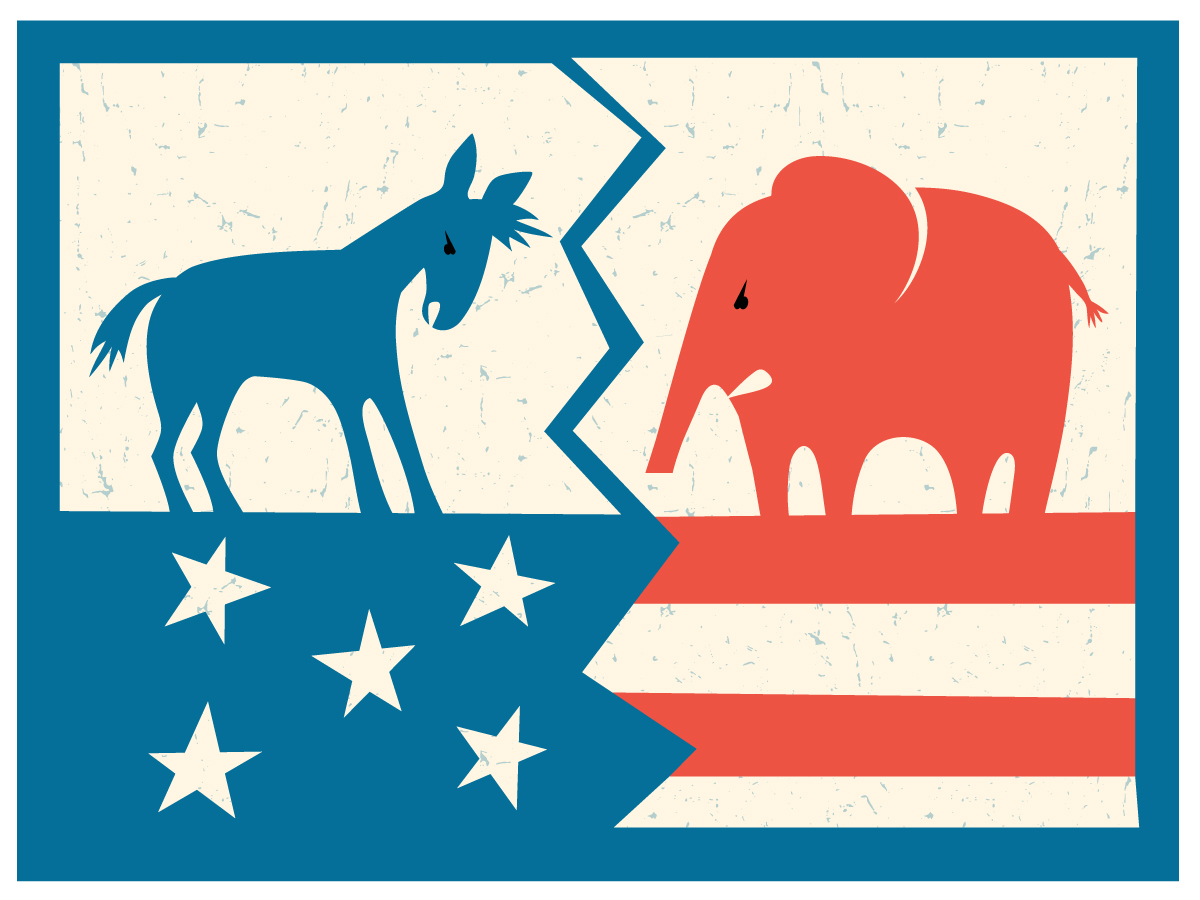
Political Polarization
Writing in The Hill, Peter Coleman, Professor of Psychology & Education and Director of TC’s Morton Deutsch Center for Cooperation and Conflict Resolution, traces polarization in Congress at least in part to 1995, when then-Speaker of the House Newt Gingrich changed the Congressional workweek from five days to three, enabling his Republican colleagues to live in their home states in order to conduct more fundraising. That move ended socializing across party lines. Coleman’s plea to political leaders: “Move your families back to Washington and get back to work on the unprecedented challenges facing our country today.”
The best teams can fail if they don’t know how to work together — witness the engineers who responded to the Chernobyl disaster 32 years ago, writes Coleman in “The Five Percent,” his blog for Psychology Today. Coleman offers tips for working together, ranging from establishing a safe environment for risk-taking to encouraging productive conflict. He also argues that the nation’s founders created good conditions for continuing collaboration, including a constitution that sanctions the rule of law and civil discourse, a motto of E Pluribus Unum (“Out of many, one”), and traditions of compassion and unity.
And there is hope that people are, at least in some ways, naturally constituted to appreciate each other's viewpoints:
Our representations of thoughts and actions of the mind and our representations of places and actions in space mirror each other in many ways, writes Barbara Tversky, TC Professor of Psychology & Education, in her December 2018 message as President of the Association of Psychological Science. This ability not only enables us to form our own perspectives, but also to imagine those of others.
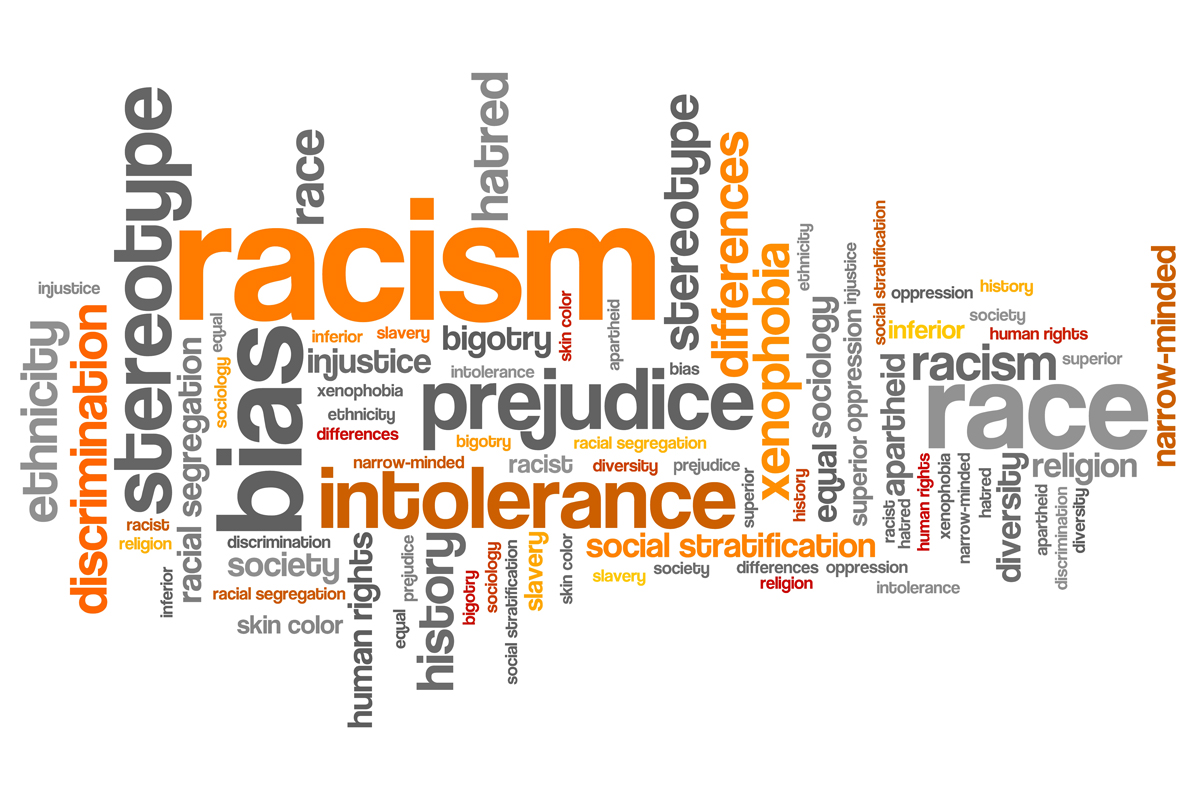
Racism and Bias
U.S. racism is not only “split-second and individual,” write Ansley T. Erickson, Associate Professor of History & Education, and co-authors in Chalkbeat but also “centuries deep, collective, and institutional.” The authors applaud New York City’s decision to spend $23 million on anti-bias training for teachers, but warn that, lacking exploration of the history of racism in the nation and in the city, the effort might shift disproportionate blame for unequal educational resources and outcomes onto the shoulders of classroom teachers.
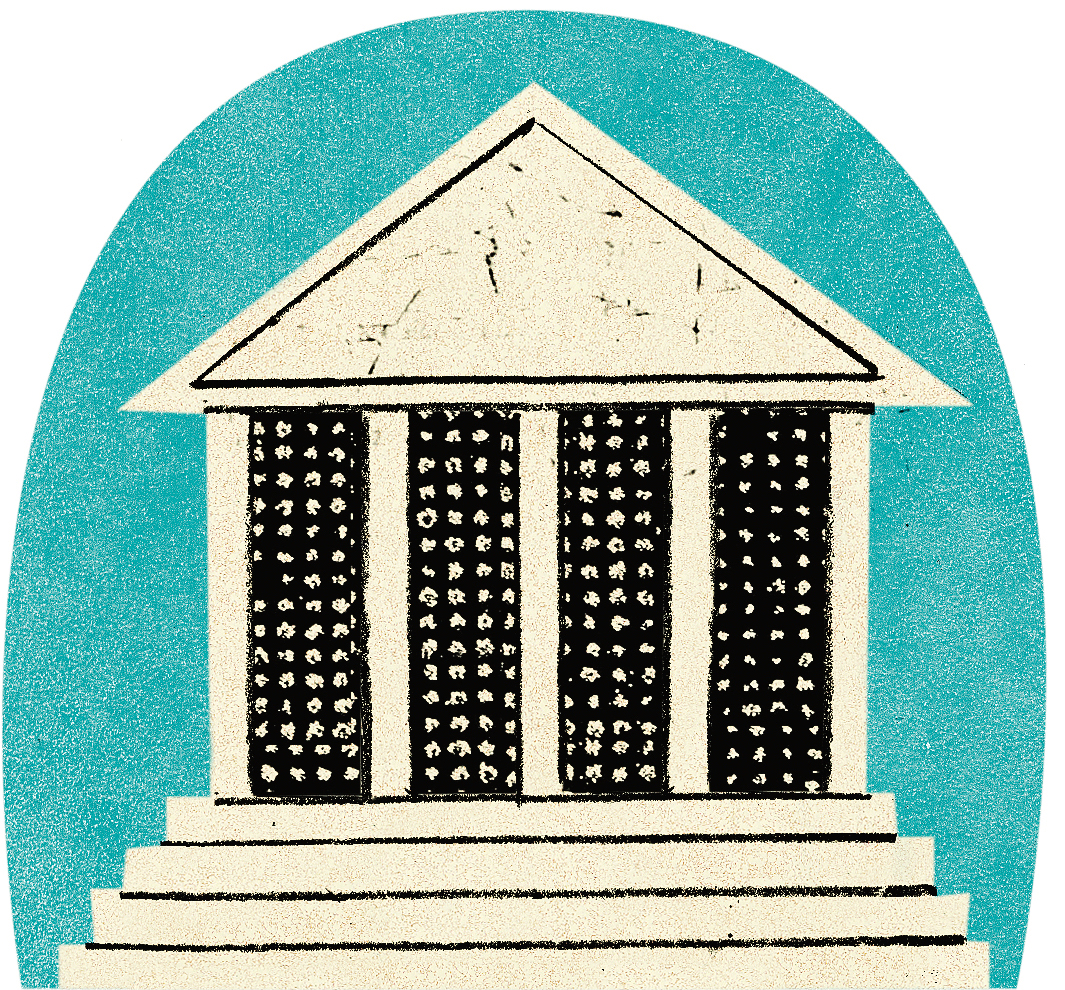
Civic Education
Michael Rebell writes in the New York Daily News that America’s public schools are largely failing to educate young people in civic values and prepare them “to be good citizens, capable of safeguarding our democratic values.” Rebell, Professor of Law & Education Practice and Executive Director of the Center for Educational Equity, is the author of Flunked: Schools, Courts, & Civic Participation (University of Chicago Press 2018).

Understanding Our Veterans
The stereotype of the struggling military veteran is someone who is shell-shocked from combat and suffering from post-traumatic stress disorder (PTSD). But for many, writes TC doctoral student Meaghan Mobbs in TC Today magazine, the real issue may have more to do with finding meaning in civilian life – because “the great satisfaction of military service is knowing that it matters. And if what you do matters, then you must matter as well.” Mobbs, a former U.S. Army Captain who is now the David & Maureen O’Connor Scholar at TC’s Resilience Center for Veterans & Families, and her TC mentor, George Bonanno, Professor of Clinical Psychology and Resilience Center director, have argued that efforts to help veterans should focus more on such “transition stresses.

The Food System
If genetically modified organisms (GMOs) and other creations of “big food” are helping human health, then why are so many people newly allergic, and why are so many teenagers having stomach problems? In an interview on NPR’s Rootstock Radio, TC’s Joan Gussow, Mary Swartz Rose Professor Emerita of Nutrition Education, poses these and other troubling questions about our “very dysfunctional food system.”
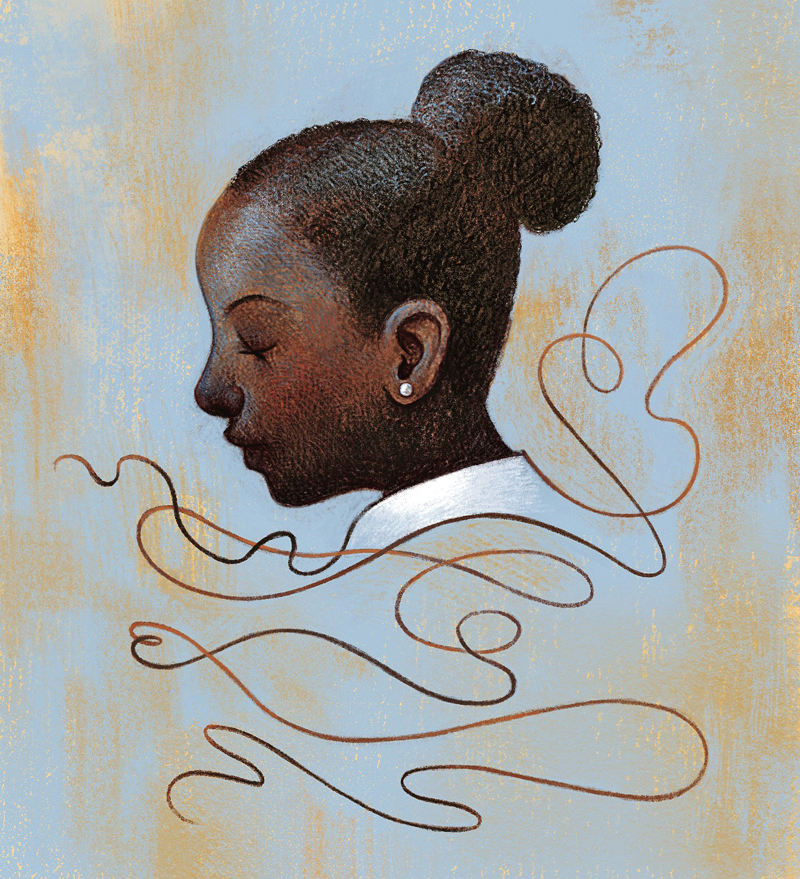
Student Health
Former teacher Wenimo Okoya, now a TC Health Education doctoral candidate who is also Healthy and Ready to Learn Director for The Children’s Health Fund, learned the hard way that students’ classroom performance can reflect serious changes in their health. Writing in TC Today magazine, she argues that developing greater awareness of out-of-school issues in students’ lives must become a fundamental part of teacher preparation

Grading Our Educators-in-Chief
Weighing in a Newsweek story on Betsy De Vos’s performance during her first years as U.S. Secretary of Education, Priscilla Wohlstetter, Distinguished Research Professor, suggests that De Vos has failed to deliver on her own agenda of “bringing the private school sector into public discussion.”
Arne Duncan, U.S. Secretary of Education under President Barack Obama, is an able raconteur, but offers little evidence to support his claims of success while in office. That’s the verdict, delivered in The Hechinger Report, by Aaron Pallas, TC’s Arthur I. Gates Professor of Sociology & Education, on Duncan’s memoir, ow Schools Work: An Inside Account of Failure and Success from One of the Nation’s Longest-Serving Secretaries of Education.
Share Your Thoughts